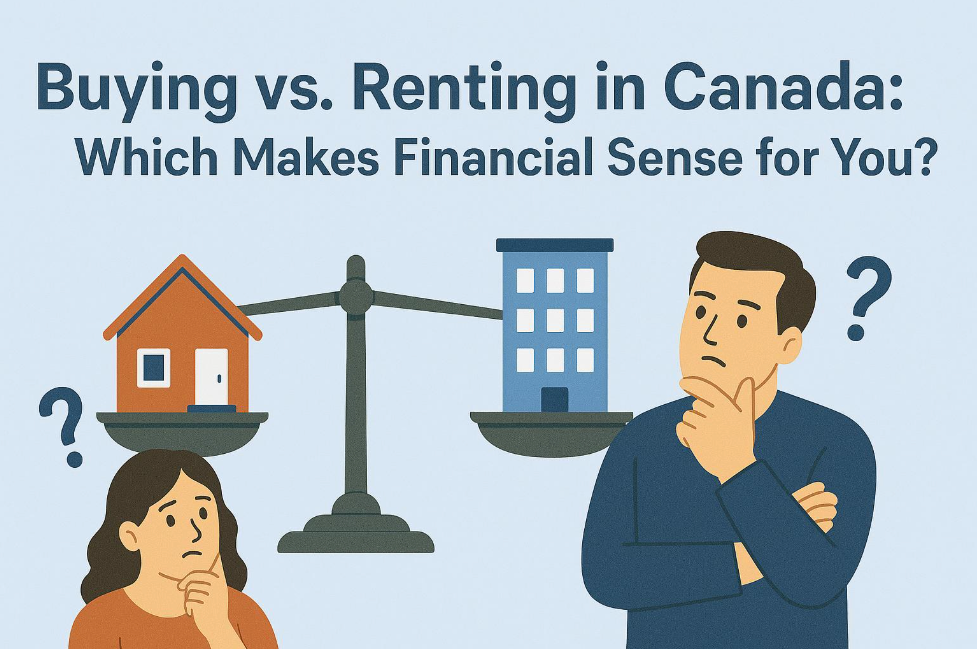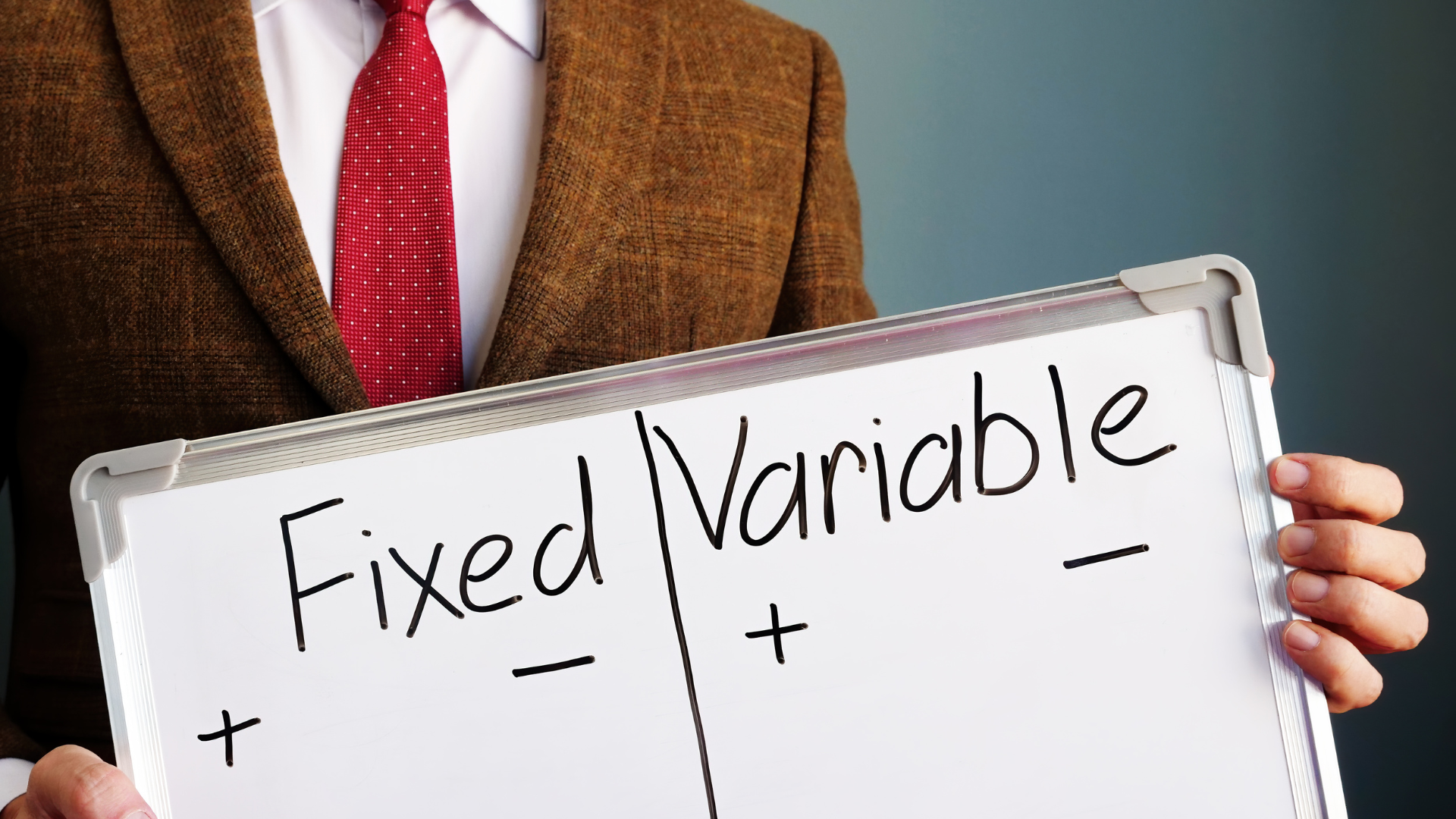Pros & Cons of buying a Presale

Buying a presale is a popular strategy in the real estate market that allows buyers to purchase a home before it is completed or even before construction has begun. This approach comes with both advantages and disadvantages, which are important to consider before making any investment decisions.
Pros of buying a presale:
1. Lower cost: One of the most significant advantages of buying a presale is that it can be less
expensive (no guarantees!) than purchasing a finished property. Builders and developers often
offer early bird incentives to attract buyers, such as discounts on the purchase price or upgrades.
2. Increased value: If the market trends upwards between the time the presale is purchased and
the completion of the property, buyers could see a significant increase in the value of their
investment. This could mean that buyers are able to sell the property for a higher price than they
paid for it, providing a healthy return on investment.
3. Extended closing timeline: Buying a presale also allows for a longer closing timeline, which can
be advantageous for buyers who may not be able to move in right away. This can also provide
more time to secure financing, saving buyers from the stress of having to arrange a mortgage in a
hurry.
4. Customization: Another advantage of purchasing a presale is that buyers may be able to have
some say in the design and customization of their property. Buyers can often choose from a variety
of finishes, fixtures, and layouts to create a personalized living space that meets their needs and
preferences.
Cons of buying a presale:
1. Uncertainty: One of the biggest risks of buying a presale is that the property may not turn out as
expected. Since the property is not yet built, buyers must rely on floor plans and artist's renderings
to imagine what the finished product will look like. There is always the possibility that the finished
product will not live up to expectations, leaving buyers disappointed with their investment.
2. Delays: Another risk of buying a presale is that construction may be delayed. This could be due to
a variety of factors, including labour disputes, material shortages, poor weather conditions &
Pandemics. These delays could leave buyers without a place to live or stuck in their current living
situation for longer than expected.
3. Mortgage Financing: Another challenge of buying a presale is securing mortgage financing. Since
buyers are purchasing a property that has not yet been built, they must jump through more hoops
to secure a mortgage. Lenders may require more documentation or offer less favourable terms to
buyers of presales, which could impact their ability to afford the property.
4. Limited flexibility: Buying a presale also requires a certain level of commitment from buyers.
Once the contract is signed, it is VERY difficult to back out or make changes to the purchase
agreement. This can be challenging for buyers who have a change in circumstances or who decide
they no longer want to purchase the property.
5. Higher cost: One challenge with buying a presale is that, once it has been completed (1, 3 or
even 5 years down the road), it could be worth less than you paid if there is a downturn in the
market. We all assume home prices are going to increase, and eventually that may be true…
however there are always ups and downs in the housing market.
So, what can buyers do to overcome these challenges? One strategy is to work with a reputable developer who has a track record of completing projects on time and to a high standard. It's also important to carefully review all marketing materials and floor plans to get a sense of what the final product will look like. Buyers should also consider the neighbourhood carefully, researching the area to get a sense of what it will be like once the home is completed.
In conclusion, buying a presale can be a smart investment for some buyers, particularly those who are looking for a more affordable way to enter the real estate market or who are interested in customization options. However, presales also come with risks, including uncertainty around the finished product and the potential for delays or challenges with mortgage financing. As with any investment decision, it is important for buyers to carefully consider their options and carefully weigh the pros and cons before making a purchase.



Let's do this together.
Sign up to our newsletter
Thank you for contacting me.
I will get back to you as soon as possible
Please try again later
All Rights Reserved | Mortgage Architects



